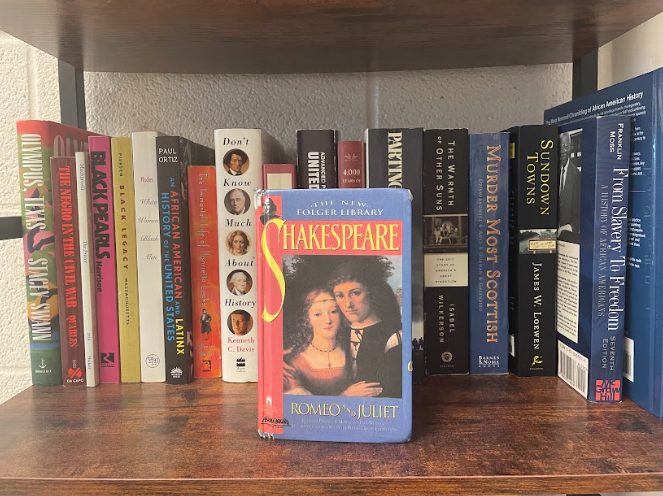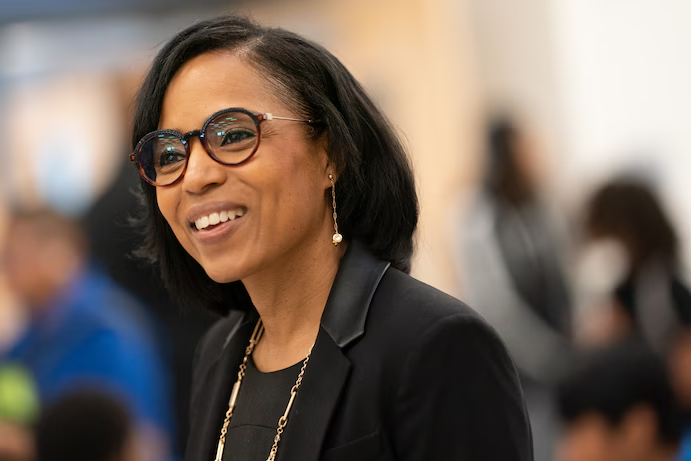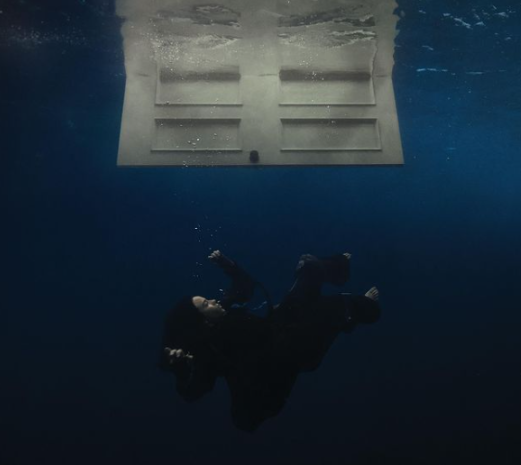When students misbehave, they are often removed from the classroom environment. New MCPS disciplinary policies, however, are looking to change that.
The goal of these new policies, outlined in the 2014-2015 Code of Conduct, is to adequately punish students when necessary without removing them from a learning environment and taking away from their academic experience.
“The whole thrust from the state and the county is to keep students in school,” CHS Principal Joan Benz said. “We want our kids to be here so we can assist them academically but also with shaping behavior.”
These policies intend for schools to intervene as early as possible when students misbehave, which will also help the goal of decreasing suspensions.
“In general, there have been less suspensions,” assistant principal John Taylor said. “As part of this new policy, we are trying to intervene earlier before it gets to the level of suspension.”
The early intervention process begins with a meeting with the student’s grade level assistant principal, and then the counselor is involved if further intervention is needed.
“They would have a certain number of ‘coaching sessions,’” Benz said. “During that time, both the administrator and counselor would try to determine what the core problem was that was causing that behavior.”
According to Benz, while the main difference with these policies is the “thrust to keep students in school,” this policy is also less severe than those implemented in the past.
“I think the biggest thing that we feel is going to be good for our students is that some of the zero-tolerance policies have been put aside,” Taylor said. “An example would be if a student was camping over the weekend and left their Swiss-army knife in their backpack. That used to be an automatic 10-day suspension. Now we have leeway to say, what were the reasons why knife was there? What was the intention? It allows us to really look at the whole picture of what is going on with the student rather than having to put certain things in place just because of the particular infraction.”
Students and parents were informed and can learn more about these policies through the Code of Conduct and the Student Handbook, and staff members were informed about the policy changes prior to the start of school.
“They told us about the new policies the week prior to school starting,” Chemistry teacher Wesley Russ said. “I know that we are trying to keep students in the school as much as possible which is preferred over their missing out on learning. I think that it is a good idea.”
The goals of this new policy are for students to understand their rights and responsibilities and to demonstrate appropriate behavior in order to become productive citizens. However, some people believe that CHS students are not as well informed as they could be about these policies.
“I am not 100 percent sure students even realize there are new policies,” U.S. History teacher Amanda Marshall said. “I think that your average kid at CHS, if asked, will tell you they have no idea there are new policies. Even if they are aware of a change, I’ll bet they can’t tell you what it is.”
As the main goal of these policies is to keep students’ academic education a priority and also help them with their behavior, schools also intend to use all possible resources to achieve this goal.
“The main thing will be developing more options for resources and supports for students,” Taylor said. “For example in the Code of Conduct it talks about how we can make part of the consequences for a student that was for example caught with drugs to attend counseling or substance abuse therapy. That’s hard to do if we can’t say, here are some people to go to.”
Many believe that these new policies are the best route to addressing the issues that students do have and will be the most beneficial for students.
“I believe that the time in school and class will be so much more beneficial than suspensions,” Benz said.







